0 Comments
When, in 1829 John Claudius Loudon proposed a system of compulsory education for children up to the age of 14, one of the subjects which he expected every child to learn was political economy. In the same year, an industrialist donated £80,000 for the education of the poor children of Kirkaldy, Adam Smith’s birthplace. Loudon expected every educated person to know all about Adam Smith, and it was a little bit shocking, nearly two centuries later, to hear Matt Ridley, one of our generation’s most brilliant scholars, admit, at the Adam Smith Institute that he only became aware of the great man when he was 25.
|
|

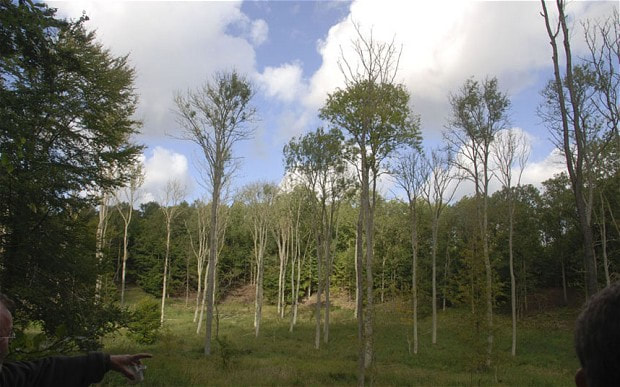
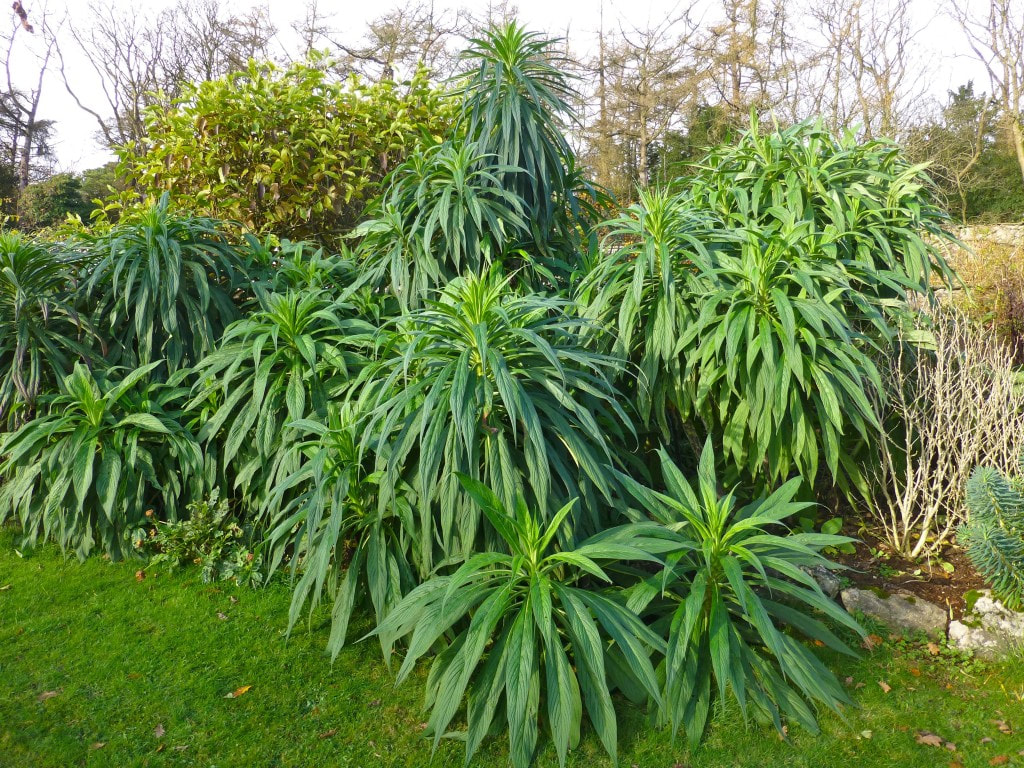
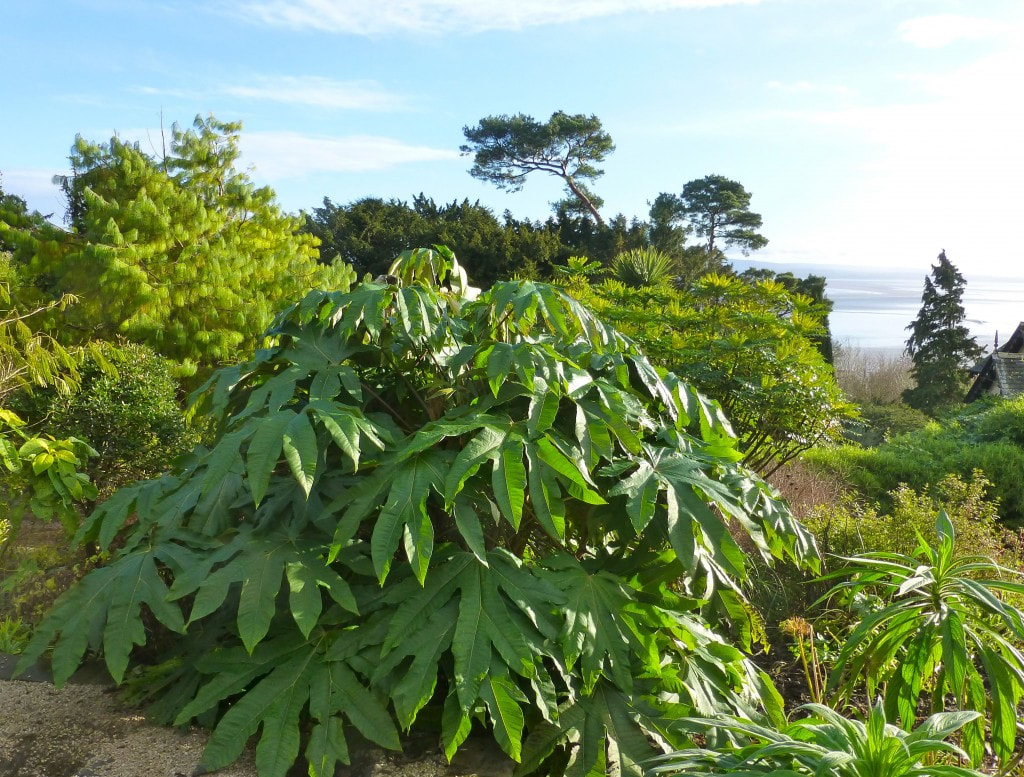



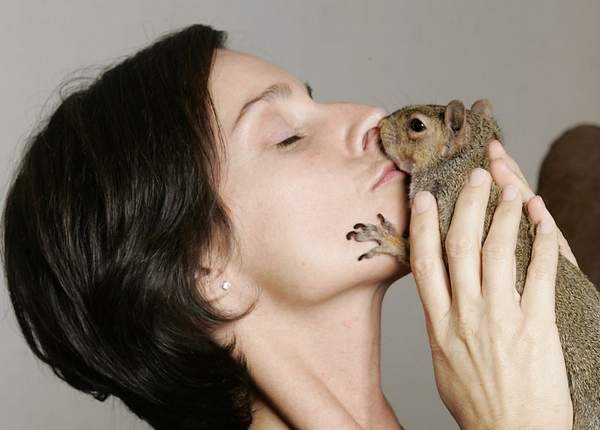

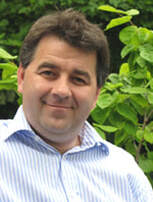
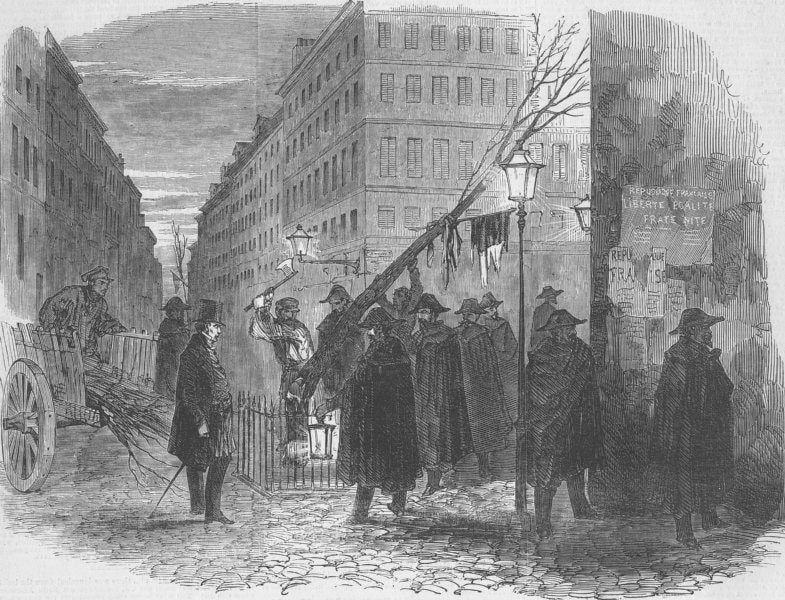
 RSS Feed
RSS Feed